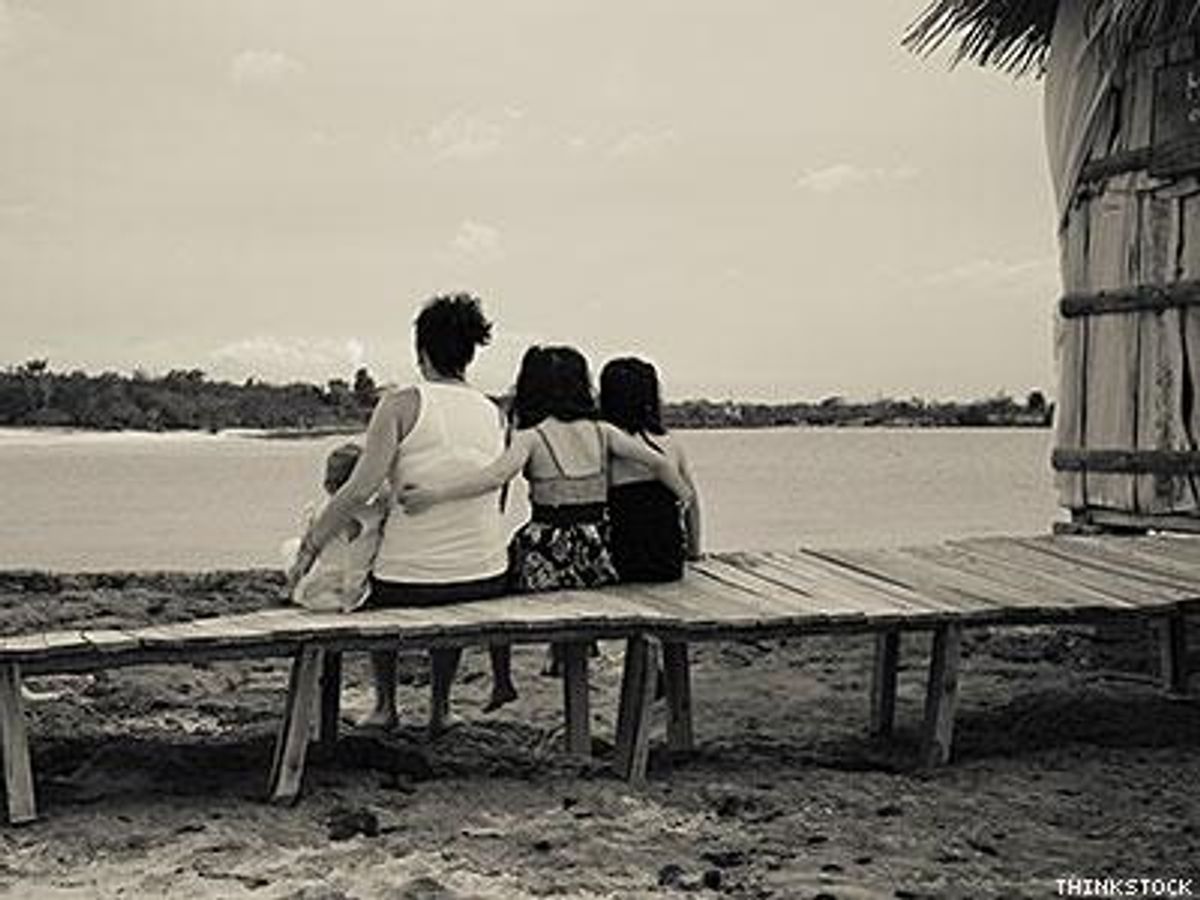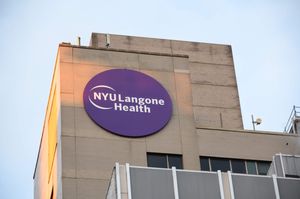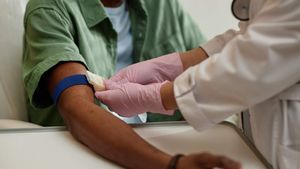Mother-to-child HIV and syphillis transmissions are a thing of the past in Cuba, according to the World Health Organization which confirmed Cuba's official reports. In that country, less than two percent of children who were born to HIV-positive mothers contracted the virus, the lowest possible infection rate with current preventative methods.
The drop in infection rates follows years of public health efforts to get pregnant women prenatal care, testing and medicine to prevent transmission. Partners were also including in screening and treatment. Poz pregnant women without treatment run a 15 to 45 percent chance of infecting their children via pregnancy, delivery, and nursing. With antiretroviral treatment for both mother and baby during periods when infection can occur, that risk drops to just one percent.
"Cuba's success demonstrates that universal access and universal health coverage are feasible and indeed are the key to success, even against challenges as daunting as HIV," said Pan American Health Organization director Dr. Carissa F. Etienne. "Cuba's achievement today provides inspiration for other countries to advance towards elimination of mother-to-child transmission of HIV and syphilis."
As of 2013, the number of children infected with HIV globally is about 240,00 annually, which is nearly half of the 400,000 children that were born with HIV in 2009. The WHO credits aggressive prevention and treatment methods with the drop in infection rates but urges that more needs to be done to get rates down further.
"Eliminating transmission of a virus is one of the greatest public health achievements possible," said Dr. Margaret Chan, WHO's Director-General. "This is a major victory in our long fight against HIV and sexually transmitted infections, and an important step towards having an AIDS-free generation."


































































